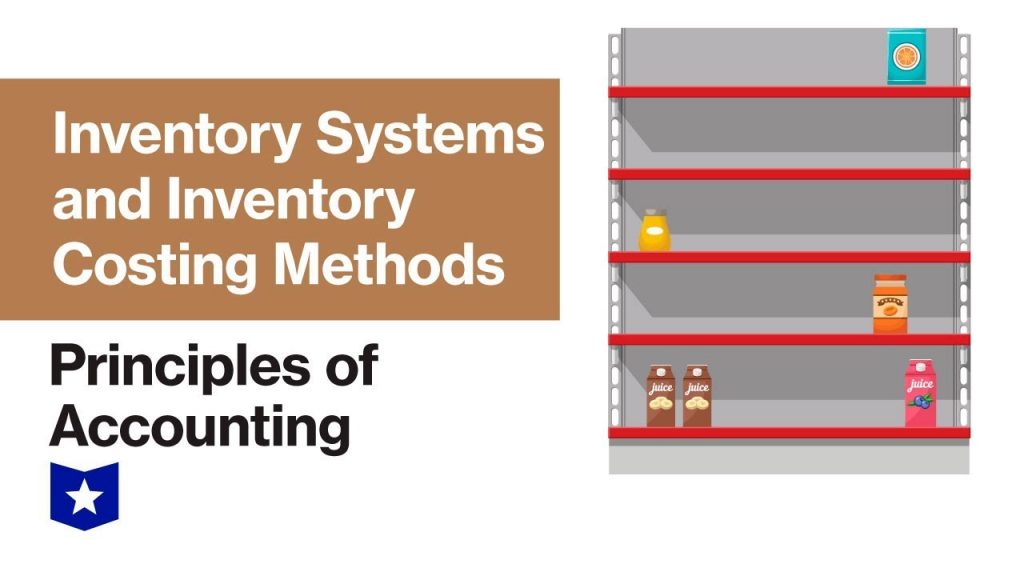3 Questions You Should Never Ask in Marketing Research

Asking the wrong questions during marketing research can have several negative consequences.
Marketing research is an integral part of any business strategy, as it helps companies understand their customers’ preferences, opinions, and behaviors. However, there are some questions that should never be asked in marketing research. Asking the wrong questions can lead to biased or inaccurate results, which can ultimately harm your product or service’s success. Here are three questions you should avoid when conducting marketing research:
1. Have you ever heard of our brand before?
This question might seem innocent enough, but it can lead to biased results and false assumptions. Participants may answer yes, even if they have no real knowledge or experience with your brand. Conversely, if they’ve never heard of your brand, it doesn’t necessarily mean they won’t be interested in your offering. Instead of asking this question, focus on questions that provide more insightful feedback, such as ‘what factors matter to you when purchasing a product or a service.’ This type of question would provide valuable feedback on what consumers value, their purchasing behavior, and their expectations of a product, independent of any brand association.
2. Would you buy our product?
Asking participants if they would buy your product can lead to misleading answers. People may say yes to please the researcher or because they believe the product makes sense theoretically. However, this doesn’t necessarily mean they will purchase it in real life. Instead, ask participants about their past behavior or their likelihood of buying a similar product. For example, you can ask, “when was the last time you purchased a similar product,” or “what features are essential for you when purchasing this type of product.”
3. What do you think of our logo/brand?
Your brand is an integral part of your business, but asking consumers to give their opinion may not provide the feedback you need. The opinions of a small sample could be misleading, leading you to draw wrong conclusions. As Henry Ford once said, “if I had asked people what they wanted, they would have said faster horses.” Instead, focus on questions that provide comprehensive insights into how consumers make purchasing decisions. For example, you can ask, “which factors are most important to you when considering a purchase,” or “which particular aspect of the product or service would you like us to improve?”
Marketing research is a vital component of any successful marketing strategy. It helps businesses understand their target audience, identify market trends, and make informed decisions about product development and promotions.
However, conducting effective marketing research requires more than just collecting data. It also involves asking the right questions.
1. Who is the target audience?
The first and most crucial question to ask when conducting marketing research is, “Who is my target audience?” Knowing your target audience is crucial because it helps you tailor your marketing efforts to reach the right people. A product or service that appeals to teenagers will likely not have the same impact on senior citizens. Therefore, it is essential to understand the demographics, behaviors, and preferences of your target audience.
To answer this question, you can conduct surveys, focus groups, and other forms of primary research. You can also analyze customer data and use tools like Google Analytics to gather insights about your website visitors. This information will help you create detailed buyer personas, which are fictional representations of your ideal customers. By understanding your target audience, you can create marketing campaigns that resonate with them and ultimately drive sales.
2. What are the market trends?
The next question to ask when conducting marketing research is, “What are the market trends?” Markets are constantly evolving, and it is crucial to keep up with the latest trends to stay competitive. For example, the rise of social media and influencer marketing has changed the way businesses reach their target audiences. Not staying current with market trends can result in missed opportunities or even failure.
To answer this question, you can conduct secondary research by analyzing industry reports, news articles, and social media discussions. You can also follow industry leaders and competitors to gain insights into the latest strategies and tactics being used. By understanding market trends, you can adjust your marketing strategy to stay relevant and gain a competitive advantage.
3. How does my product/service meet customer needs?
The third question to ask when conducting marketing research is, “How does my product or service meet the needs of my customers?” Knowing how your product or service solves a problem or fulfills a need for your customers is crucial for successful marketing. It helps you position your offerings effectively and differentiate them from competitors.
To answer this question, you can conduct surveys, focus groups, and online reviews to gather feedback from your customers. You can also analyze customer data to see which features or benefits are most valued by your customers. By understanding how your product or service meets the needs of your customers, you can create persuasive marketing messages that resonate with them and drive conversions.
In conclusion, asking the right questions when conducting marketing research is vital for the success of any marketing campaign. By understanding your target audience, market trends, and how your product or service meets customer needs, you can create effective marketing strategies that drive sales and build a strong brand reputation. Take the time to gather and analyze data, ask the right questions, and use the insights gained to inform your marketing decisions. With a well-informed approach, you can achieve your marketing goals and stay ahead of the competition.









How does a blockchain work – Simply Explained
How I Make Millions On Airbnb With No Property And No Credit
10 Easy Steps For Getting Video On Your Business Website
Mike Tyson’s Top 10 Rules For Success (@MikeTyson)
How To Find Products To Sell Online